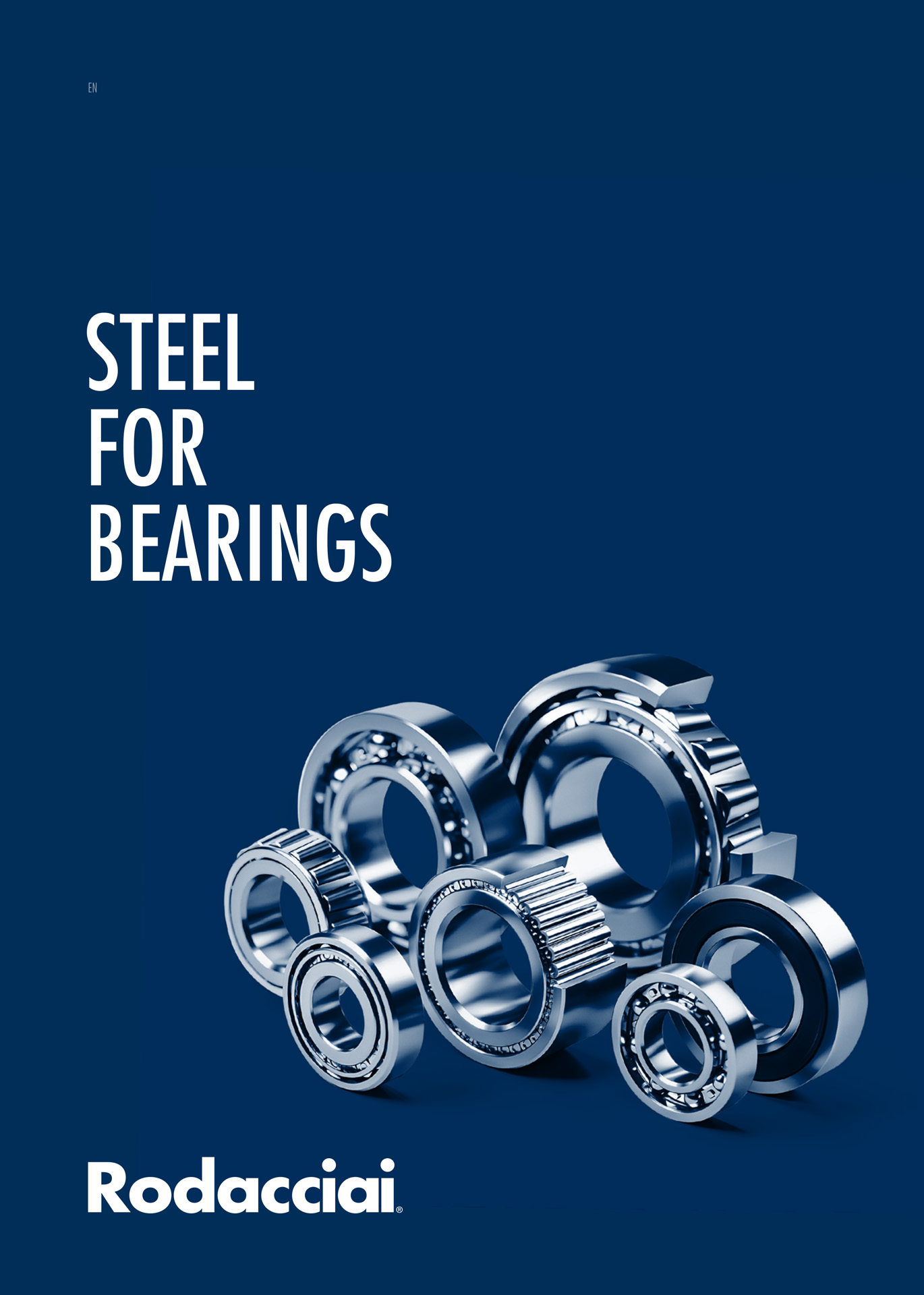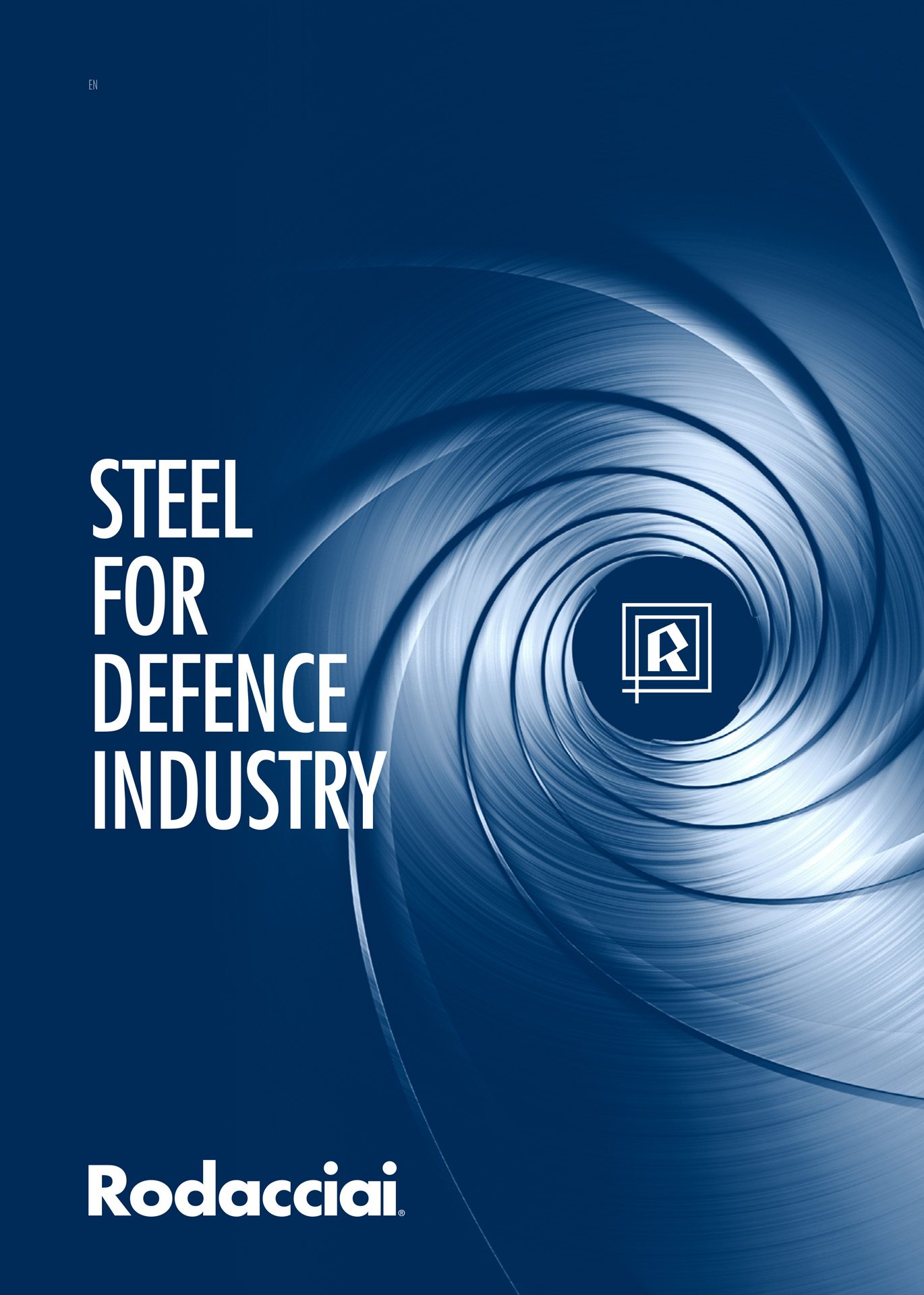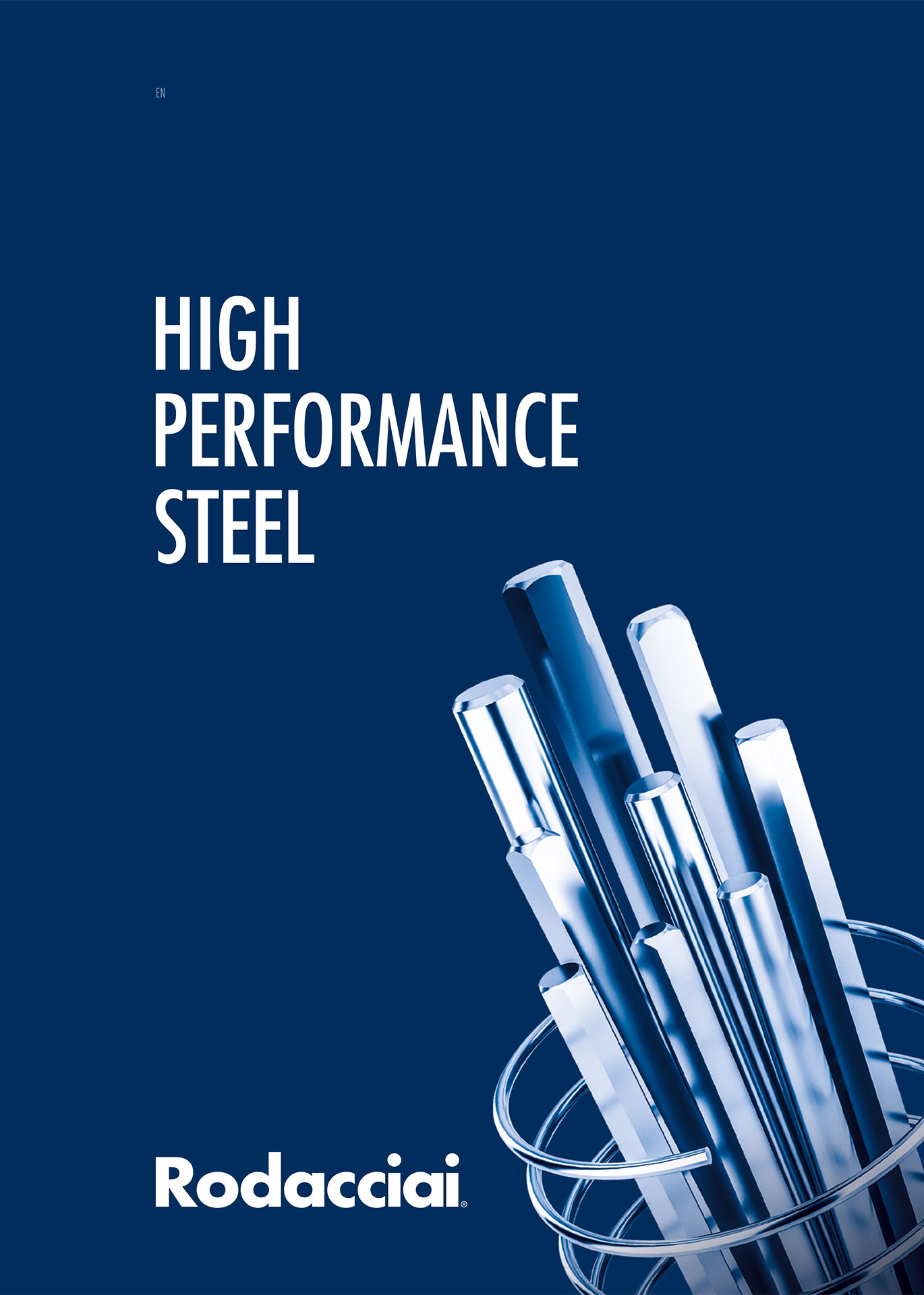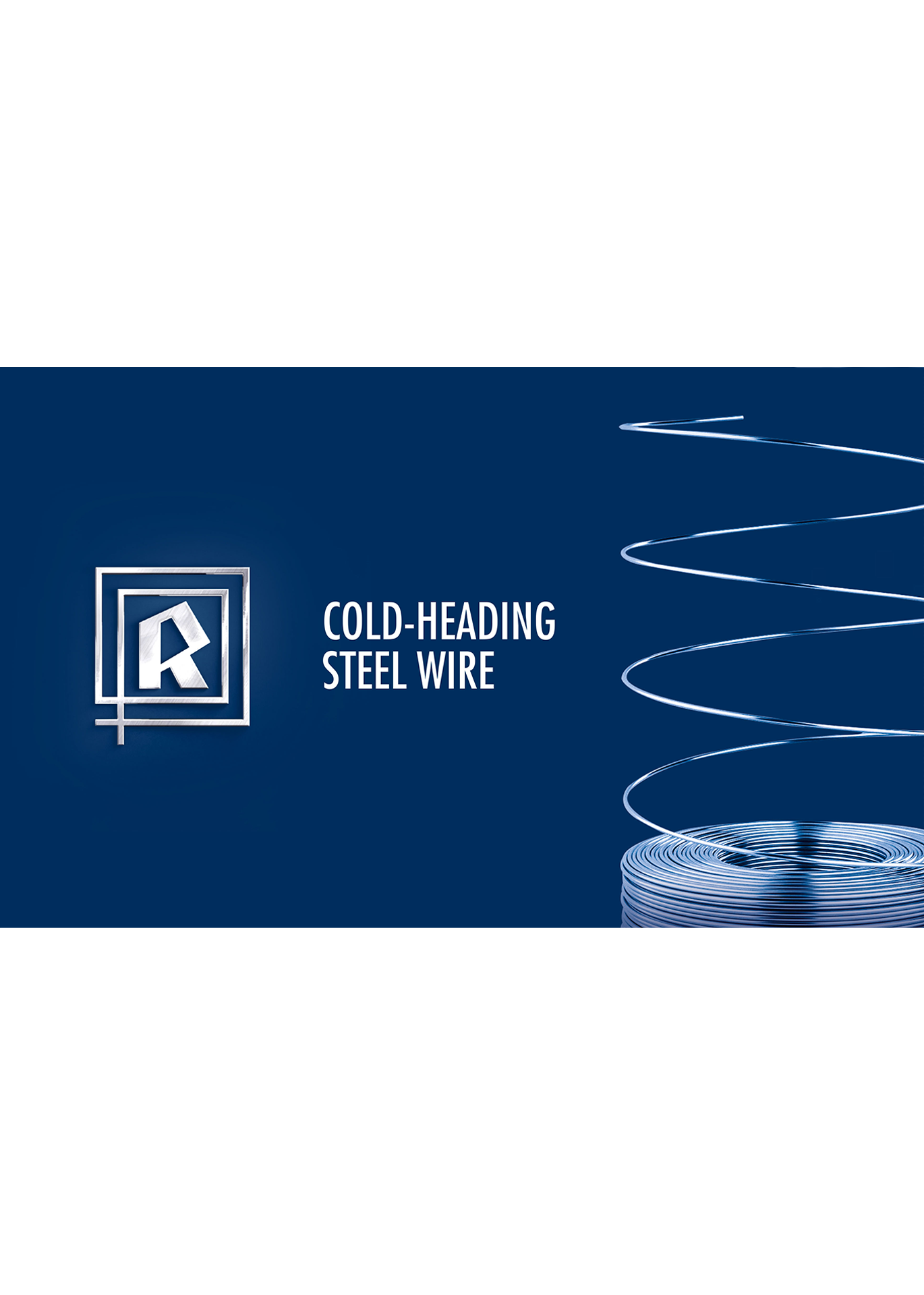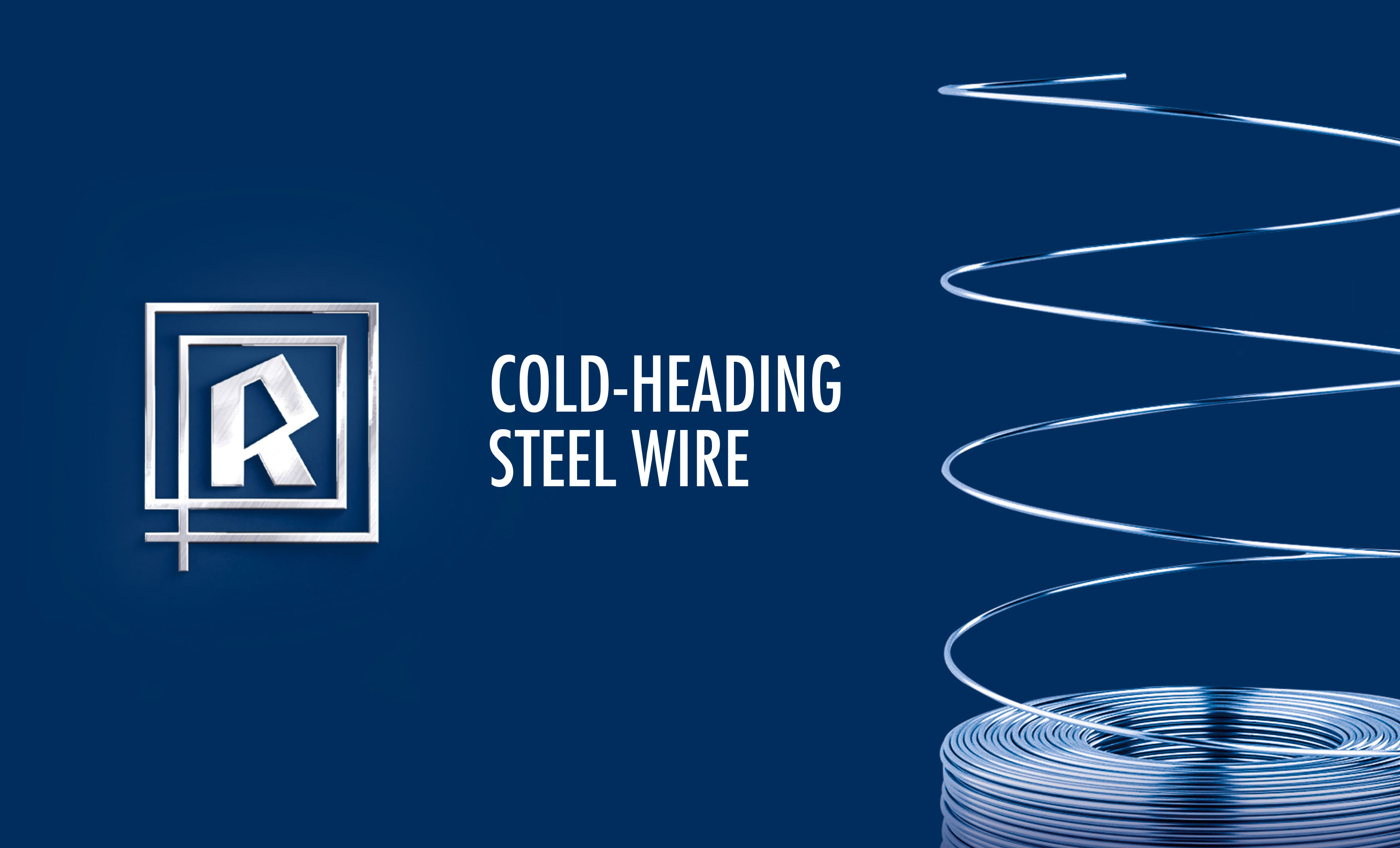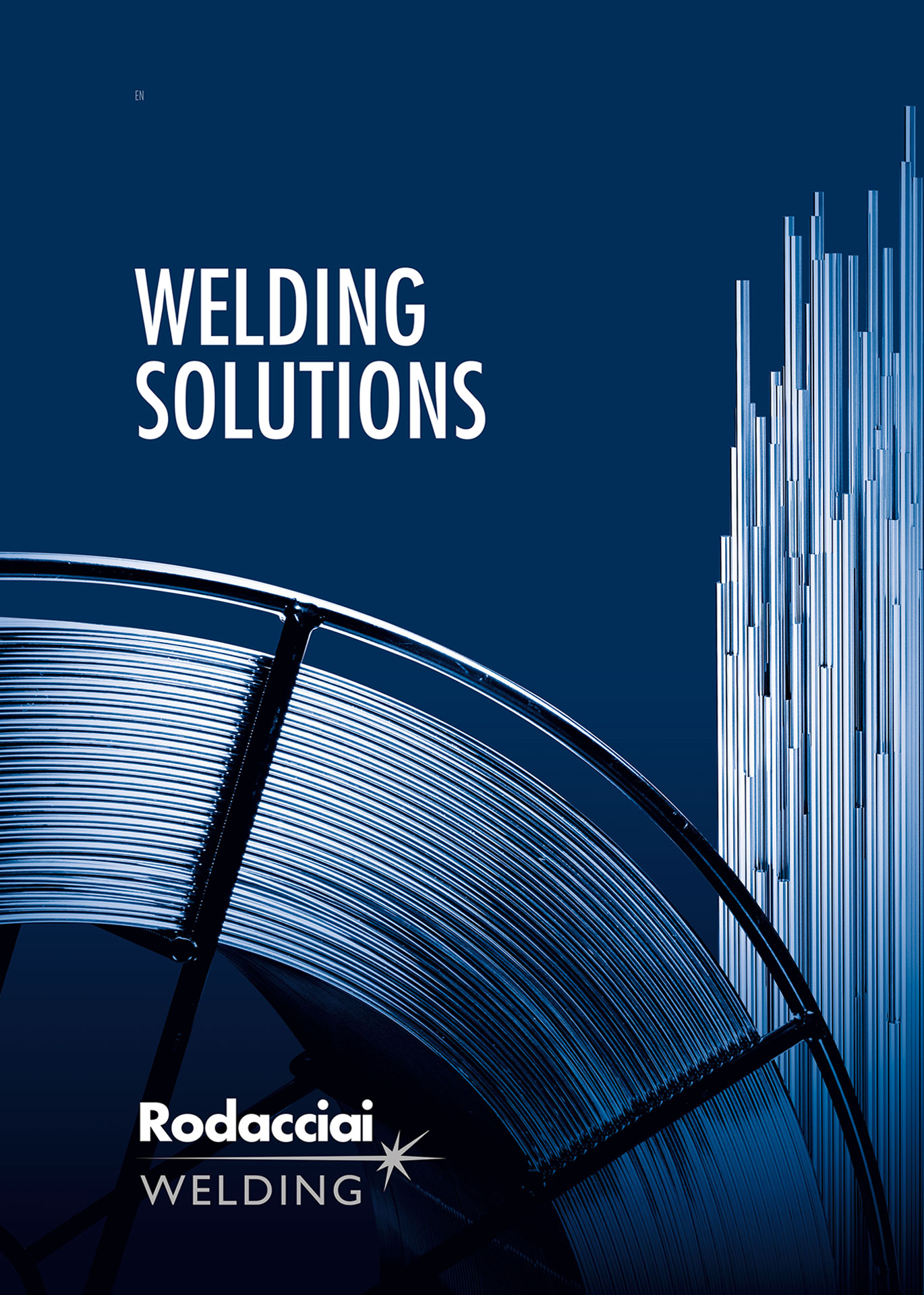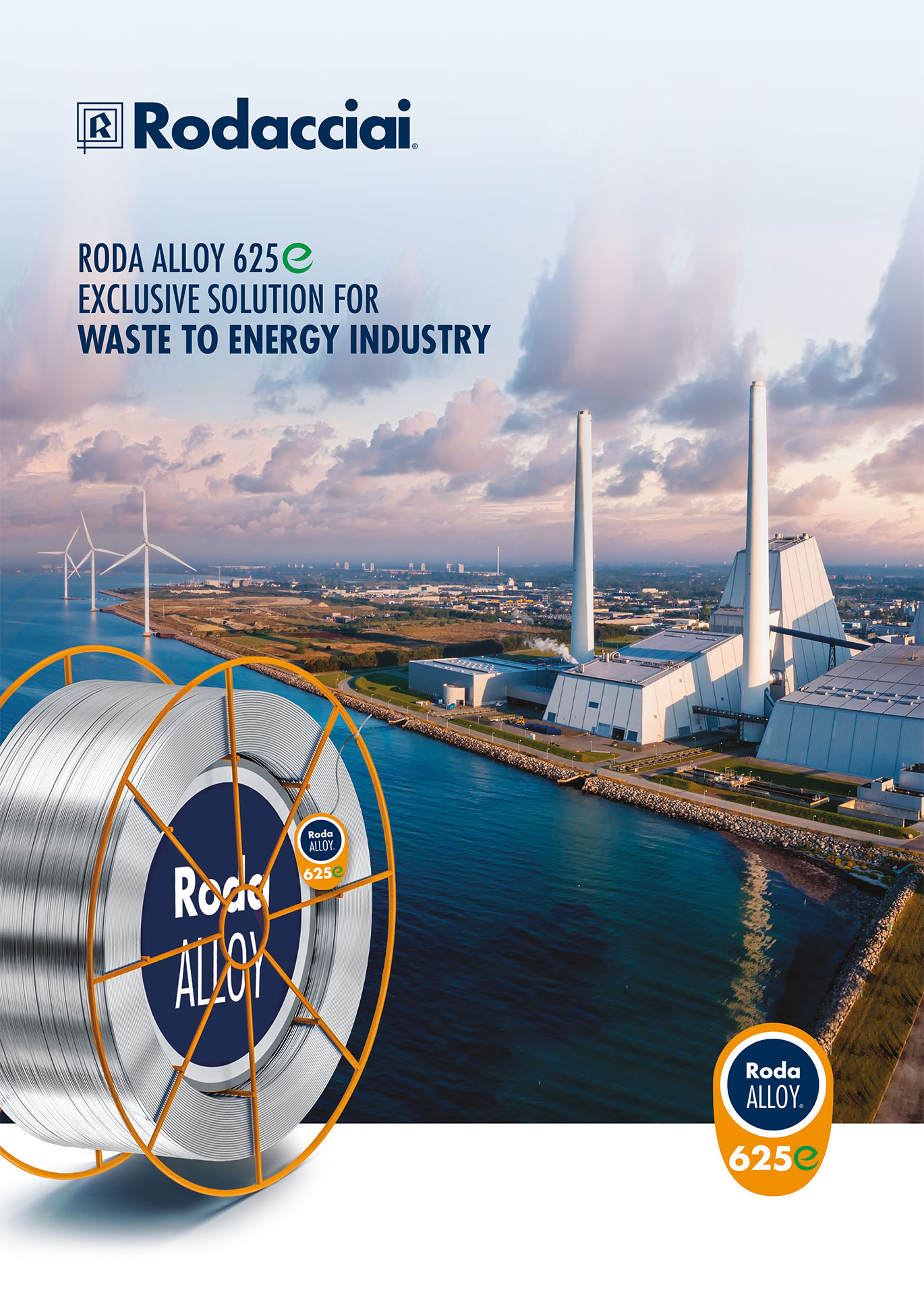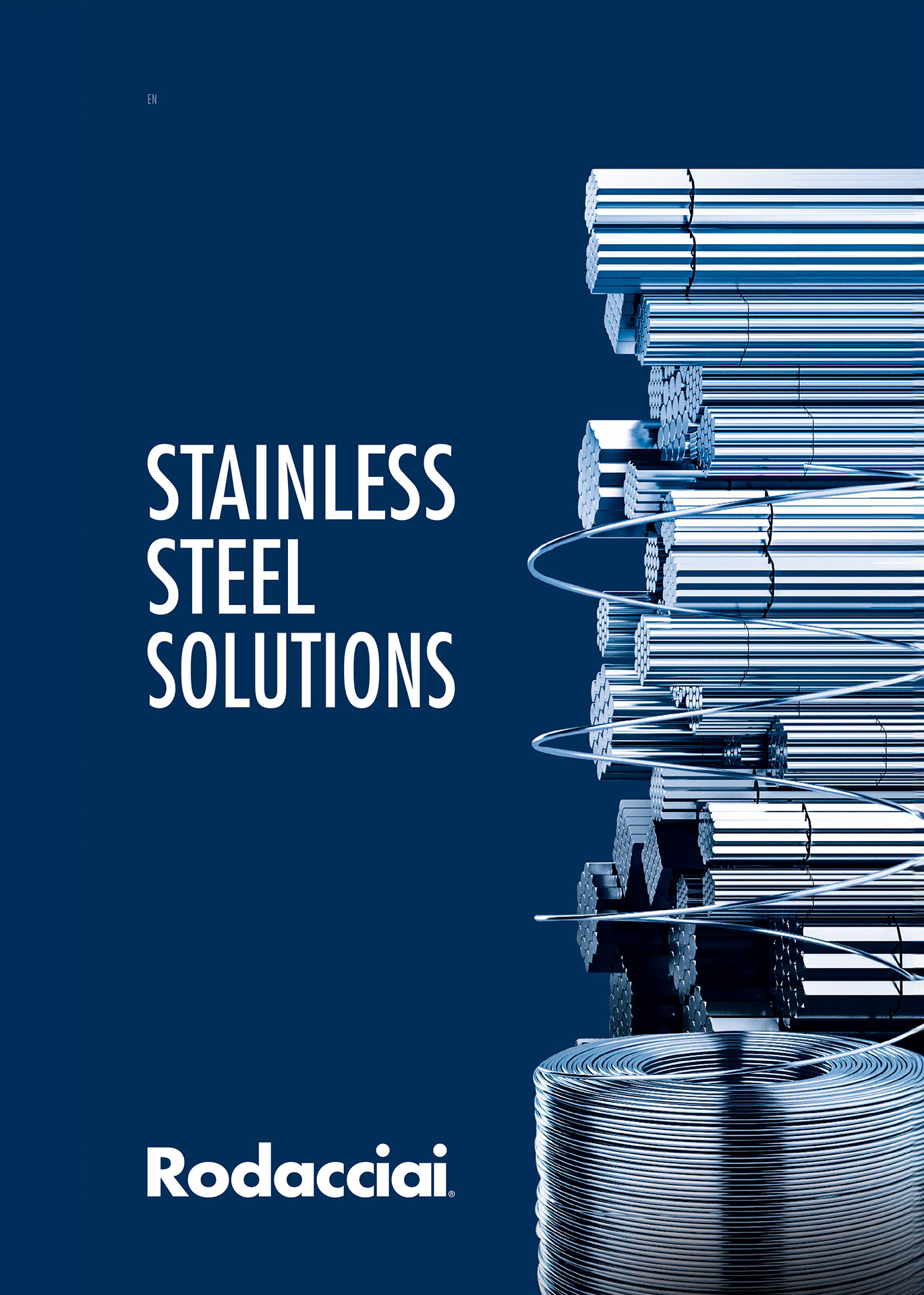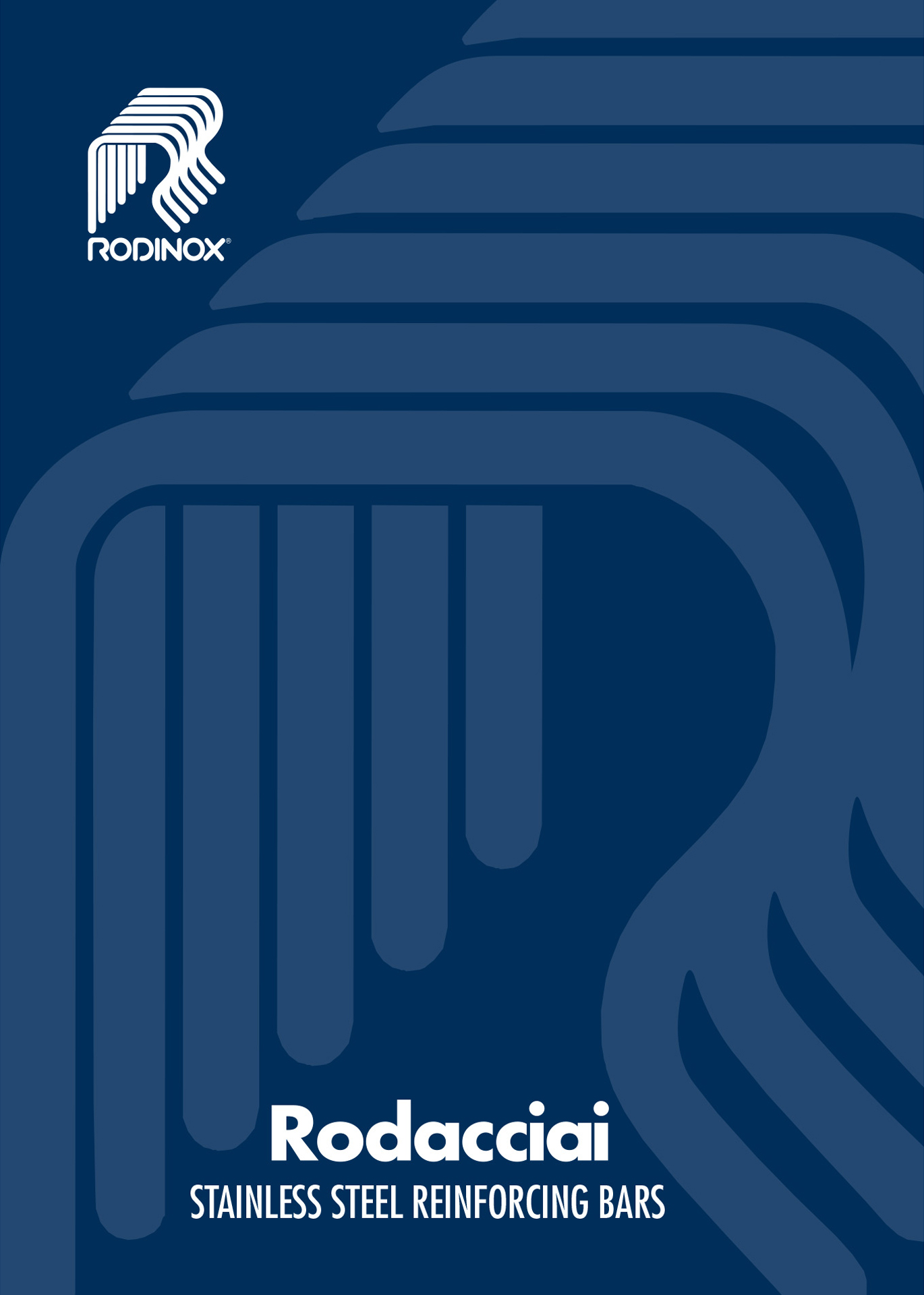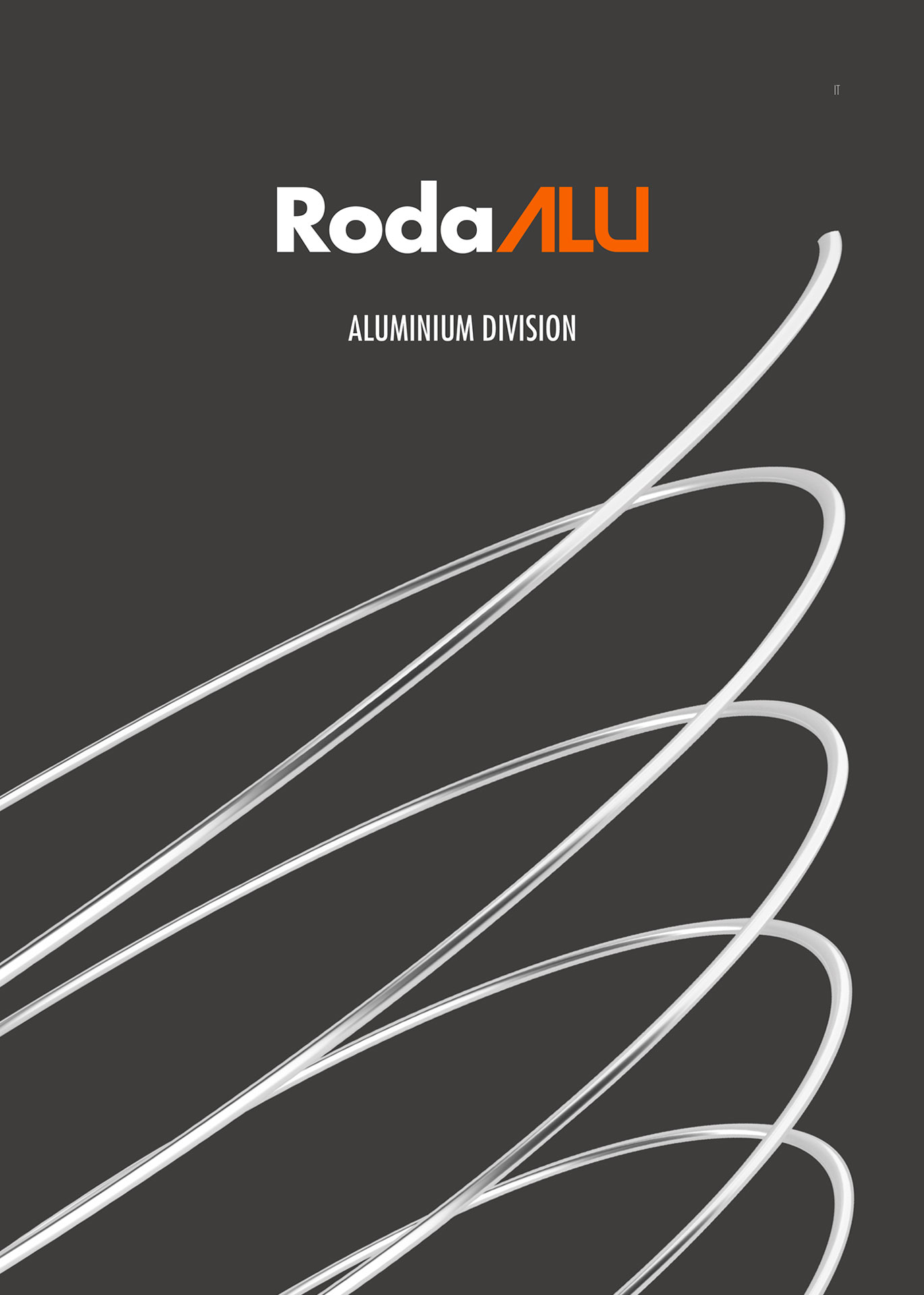Rodacciai S.p.A.
Via Giuseppe Roda 1, 23842 Bosisio Parini, Lecco (Italy)

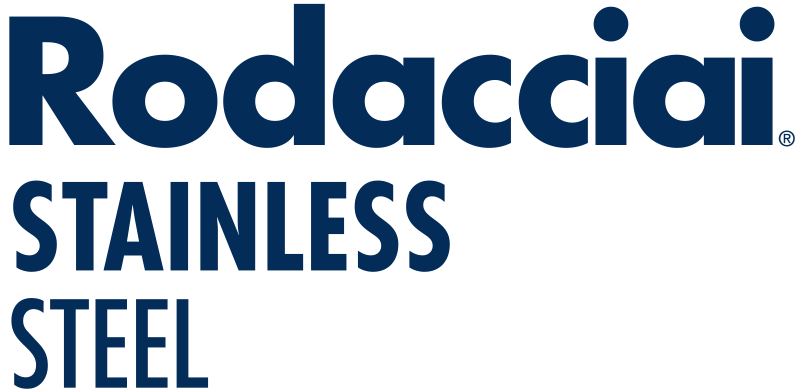
The special characteristic of stainless steels is that they have a resistance to corrosion that is
significantly higher with respect to other steels; some of them also have an excellent resistance to high
temperatures.
These characteristics of stainless steels are obtained thanks to the addition of chromium and other alloy
elements, and allow use even in particularly aggressive environments such as chemical plants, marine
environments and offshore platforms. These qualities of resistance to assaults makes them perfect materials
to be used also in architecture to increase the durability of the objects created.
Some of these steels, thanks to a chemical composition that is particularly rich in nickel and chromium, are
called “refractory steels” and can withstand high temperatures with a limited loss of the mechanical
characteristics.
Stainless steels can be provided in their natural rolling state or annealed, normalized, quenched and
tempered, or heat-treated. Bars, coils, and wires are available with a wide variety of packaging.

The special characteristic of stainless steels is that they have a resistance to corrosion that is
significantly higher with respect to other steels; some of them also have an excellent resistance to high
temperatures.
These characteristics of stainless steels are obtained thanks to the addition of chromium and other alloy
elements, and allow use even in particularly aggressive environments such as chemical plants, marine
environments and offshore platforms. These qualities of resistance to assaults makes them perfect materials
to be used also in architecture to increase the durability of the objects created.
Some of these steels, thanks to a chemical composition that is particularly rich in nickel and chromium, are
called “refractory steels” and can withstand high temperatures with a limited loss of the mechanical
characteristics.
Stainless steels can be provided in their natural rolling state or annealed, normalized, quenched and
tempered, or heat-treated. Bars, coils, and wires are available with a wide variety of packaging.
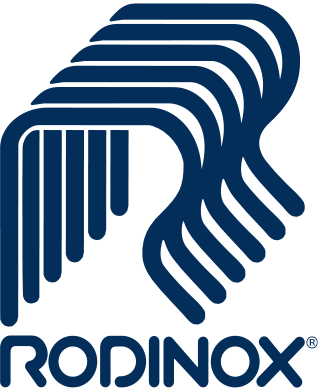
Rodinox® is a complete range of reinforcing products for concrete, in bars and coils, available
in all the most important stainless steel types and it is the solution when the environment is aggressive.
In these situations the usual carbon steel reinforcing bars may corrode, with destructive results on the
structure. Actually, stainless steel reinforcing bars are resistant to corrosion, a real problem for carbon
steel bars, that can be accelerated by chemical processes such as carbonation due to atmospheric attacks or
infiltration of chlorides into the concrete.
The use of Rodinox® enhance durability on the concret structures, making possible to calculate
the duration
of the reinforcement for all the life of the artifact: moreover, designing with Rodinox® does not
require
special modification of the criteria comparing to the usual carbon rebar. Rodinox® can be
processed in the
same way as carbon steel bars, with the only caution of avoid contamination of stainless surface by using
clean machines.
Investing in higher-quality materials designed for bearing manufacturers ensures long-term reliability and
performance of equipment, ultimately saving money and avoiding costly repairs and premature failure in
the logn-term.
Based on this, over the years, Rodacciai has implemented a range of advanced bearing steels utilizing
highcarbon steel with a 1.5% chromium content, ensuring exceptional strength and resistance to friction
wear.
The most commonly used material for load-bearing components in ball bearings and roller bearings is
100Cr6 (SAE 52100).
This material can be customized to meet the specific requirements of the bearing industry, offering
versatile solutions across various applications.
Rodacciai is a leading supplier of high-performance steel for military and defense applications.
In particular, the company developed two branded steels: Roda.GBQ (Gun Barrel Quality)
and Roda.AMMO (Ammunition Quality).
Roda.GBQ serves the firearm manufacturing sector, from small caliber barrel producers to cut rifling, button
rifling, hammer forging, and other specific components.
Roda.AMMO serves all the ammunition producers (small, medium, and large caliber) instead.
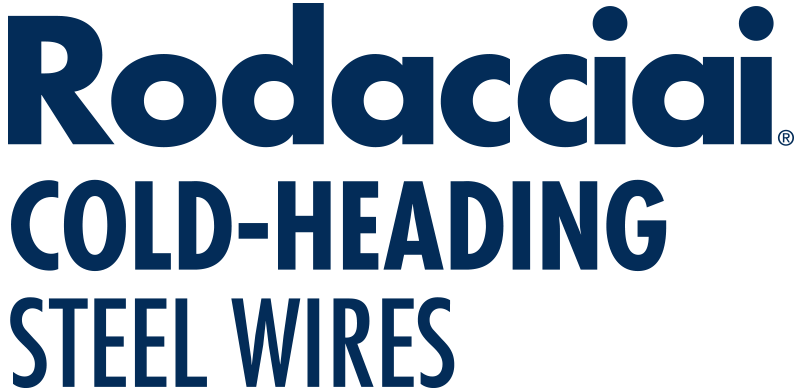
The cold-drawn wire used for cold-heading included in the Rodacciai production range are divided into 3 main categories:
supplies the steel grades mentioned in the various parts of the Norm (ref. parts 1 - 4), in different supply conditions and according to the requirements provided for the different features of the product: mechanical properties, decarburization, surface finishing, surface quality, etc. Rodacciai can also evaluate specific requirements from customers that go beyond the requisites of EN 10263 : 2017, studying a customized product.
ALLOY &CARBON STEEL
Steel is mainly made up of iron and carbon, but can contain also further elements such as chromium,
molybdenum or silicon, which, in specific quantities, change its features. Indeed, starting from the main
alloy, the quantity of carbon and of other elements, so called alloying elements, can be modified.
Common or unalloyed steel is an alloy in which the quantity of the other elements, which are usually added
to improve some of its mechanical and physical characteristics depending on its final use, is very
low.
FREE-CUTTING STEEL
The steels for high-speed machining, commonly called free-cutting steels, have been specially designed to be
machined by chip removal with high productivity.
Free-cutting steels - which are commonly used in many mass production fields such as the automobile industry
and household appliances - contain sulfur and some other elements, including tellurium, bismuth and lead,
which promote machinability.
In particular, the sulfur ensures the fragmentation of the chip, lead reduces the friction between the tool
and piece, extending the life of the tools, and the tellurium and bismuth further accentuate these
characteristics.
Free-cutting steels are usually supplied in bars or rolls without heat treatment; some of these can however
be tempered, normalized or annealed before finishing.
RodaALU has been developed through careful strategic planning and a substantial investment in advanced manufacturing technologies. The division is known for its use of cutting-edge equipment and the support of a skilled team dedicated to ensuring top-notch quality and performance at every step of production. With 6000 square meters of covered area, the production unit houses 5 operational drawing lines as well as a heat treatment furnace, this in order to follow the in-house manufacturing strategy, monituring each production process phase and developing “tailor made” product aligned with the customer’s needs. Manteining entire production allows the company to controll the perfomance looking for the continous improvement.

Wires and bars of stainless steel of various types are used as filler materials in electrode, MIG, TIG, and
submerged arc welding: according to requirements, austenitic, martensitic, ferritic or austenitic-ferritic,
also called duplex steels are used for welding.
The use of selected wire rods with controlled impurities guarantees optimal welding from both the mechanical
strength and resistance to corrosion points of view. Furthermore, the chemical composition of the proposed
welding steels is defined in such a way as to be compatible with all of the international standards,
including the European and American ones.
Thanks to the quality of its welding steels, Rodacciai has supplied all of the major producers of electrodes
in Europe, the United States, and throughout the world over the years, passing even the most demanding
tests: the product certifications issued by TÜV (Germany), Controlas (Holland), ABS (U.S.A.) and CWB
(Canada) bear witness to this fact, without counting the approval by the major international car
manufacturers.
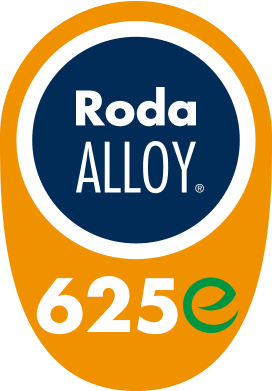
A recent study conducted by the Earth Energy Center at Columbia University
shows the enormous potential of modern technologies that convert waste to energy, improve energy security,
reduce greenhouse gas emissions and waste to energy, improve energy security, reduce greenhouse gas
emissions, and reduce pollution and landfill waste generation.
To this end, they must act on the control of corrosion caused by combustion technologies used in this
sector.
With a view to sustainability, Rodacciai, with its R&D and in-house lab, has developed a steel solution
focused on the waste-to-energy industry,proposing a consumable alloy for high temperature welding, RODA
ALLOY 625 (ERNiCrMo - 3).
With its extremely high corrosion resistance and customizable characteristics, this product is the perfect
solution for critical environments.
With a view to sustainability, Rodacciai, with its R&D and in-house laboratory, has developed a steel
solution focused on the waste-to-energy industry, proposing a consumable alloy for high-temperature welding,
RODA ALLOY 625 (ERNiCrMo - 3).
